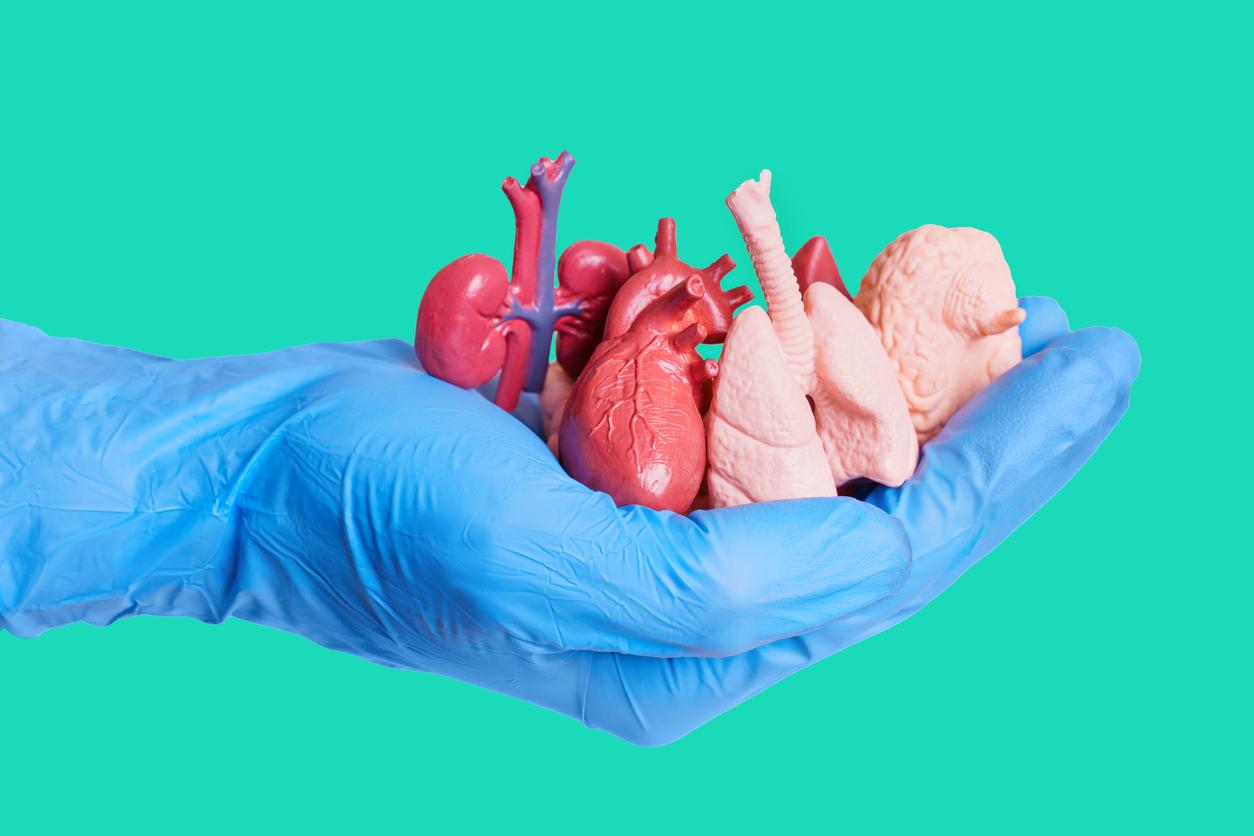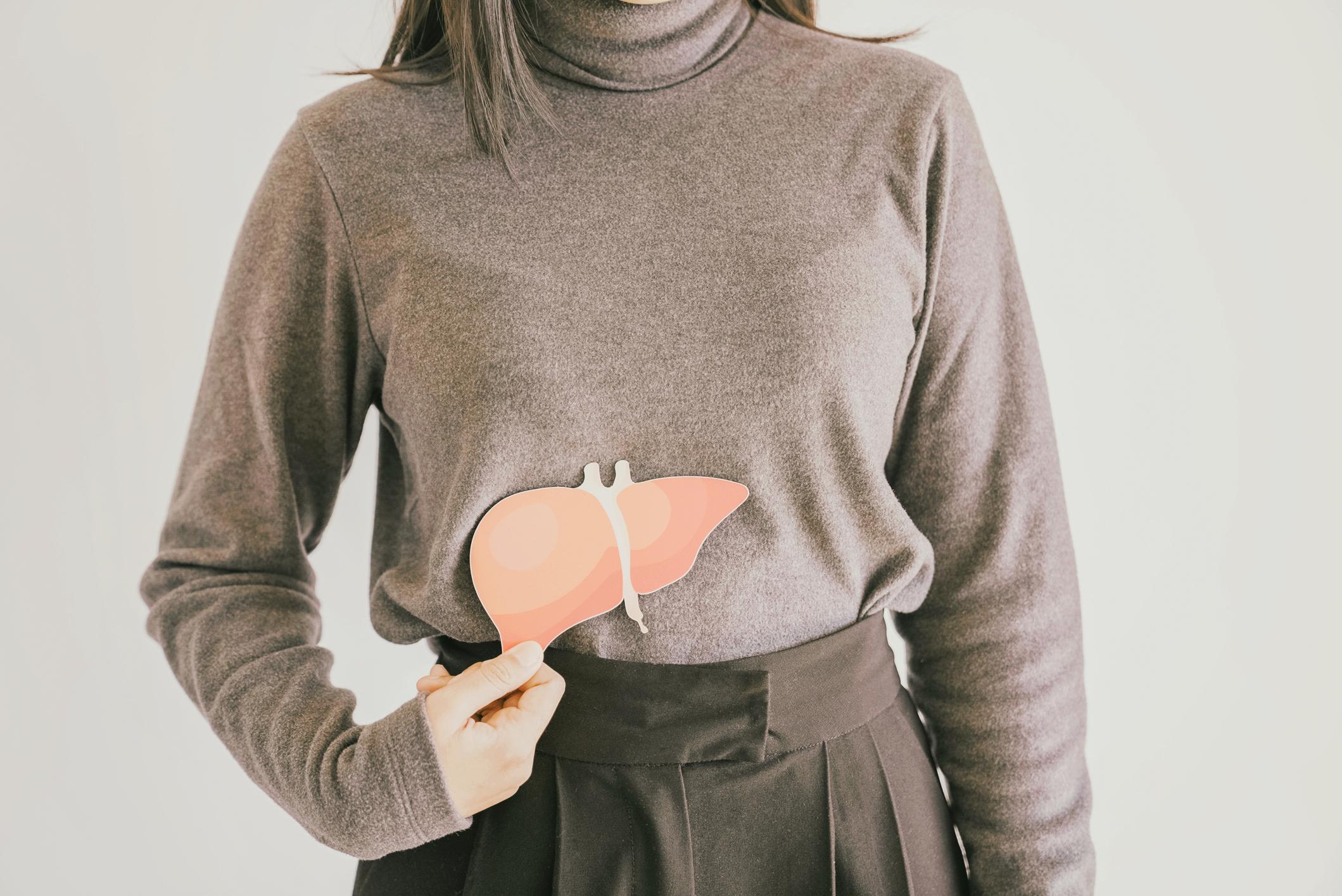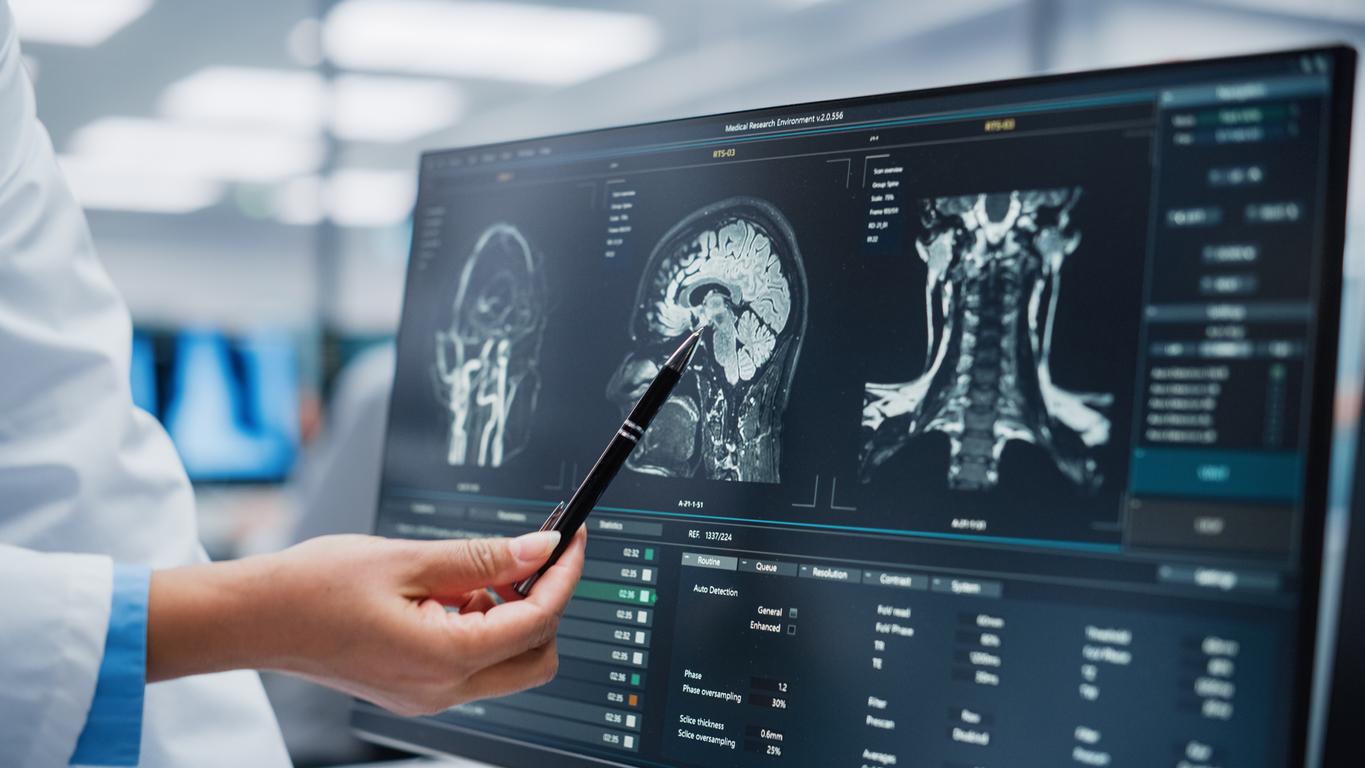Almost anyone can be a donor. PlusOnline answers 8 questions about organ donation.
How do you indicate that you want to be a donor?
By registering with the central registration system. The Organ Donation Act was introduced in 1998. At that time, every citizen of 18 years and older received a form from the municipality. You could then fill in whether or not you gave permission for donation and if so, for which organs or tissues.
What is the role of next of kin?
In addition to yes or no, you can also fill in the form that the next of kin decide. Or even that a specific person decides. If you do not register anything, the decision will be made by the next of kin. Especially when the subject has never been discussed, it is very difficult for relatives to estimate what the deceased would have wanted.
How do you know what you have entered on the form?
You can first call to find out whether you are registered (0900-821 21 66). If you are registered, you will not be told what you entered by phone for privacy reasons. That message will be in writing. In the course of 2007 it will be possible to use the Digid (code for online government services) to look up your own data in the register.
Can anyone be a donor?
Almost everyone, regardless of age, weight, medication or illness. Only after death does the doctor determine whether someone is suitable as a donor. People who are infected with, for example, the HIV virus usually cannot be donors. The able-bodied are not allowed to record their will, nor are third parties such as parents or curator allowed to do so. The will is only legally valid if the choice about organ donation has been made before the person became mentally incapacitated.
Can only people who die in a hospital be donors?
New. Donating tissues is always possible, regardless of whether someone dies at home, in the hospital or elsewhere. However, organ donation is only possible when the donor dies in the intensive care unit of a hospital, either from a brain haemorrhage, a brain tumor or from a traffic accident. Two doctors then determine – independently of each other – ‘brain death’. To rule out a coma or suspended animation, they make two EEGs and perform various neurological tests. Until the moment of organ removal, the deceased is artificially ventilated. This is often difficult for the next of kin, because it seems as if the deceased is simply sleeping.
Does donorship affect burial or cremation?
New. The deceased can be laid out normally. Burial or cremation can take place at the normal time.
Who are the donor organs and tissues intended for?
In patients with an incurable disease of the heart, liver, lungs, pancreas or kidneys, a donor organ can mean the difference between life and death. People with bad heart valves are helped with good donor valves. Skin tissue is transplanted onto people with burns. Corneal transplants are performed in patients who are visually impaired due to a cloudy cornea. In people with a bone tumor, amputation is sometimes not necessary thanks to bone tissue from a donor. And in the elderly, transplantation is often used to secure loose artificial joints.
Are there enough donors?
New. There is a long waiting list for all tissues and organs. Of the 5 million registered people (2006), more than half have indicated that they want to be a donor, a third do not want to and the rest leave it to the next of kin. Only when at least seven million Dutch people indicate that they want to be donors will there probably be enough organs and tissues.
More information: view on www.donorwijzer.nl whether yes or no suits you. The Donor form is available from the general practitioner, pharmacy, municipality and via www.donorvoorlichting.nl. Information line of NIGZ donor information: 0900-8 21 21 66.
Sources):
- Plus Magazine

















